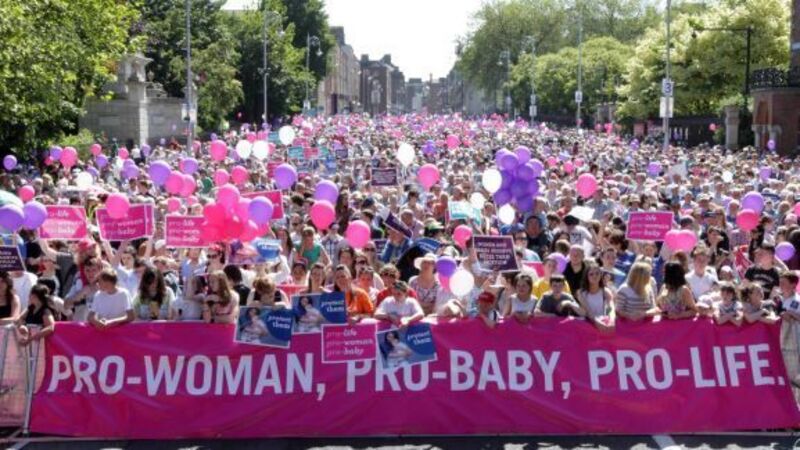Abortion legislation will ‘limit access to treatment’

The body that oversees implementation of rulings by the European Court of Human Rights is expected this week to make a statement on the Government’s response to the ABC v Ireland case.
The Committee of Ministers in the Council of Europe is monitoring the coalition’s implementation of the ruling, which found that Ireland must make life-saving abortion services available.













